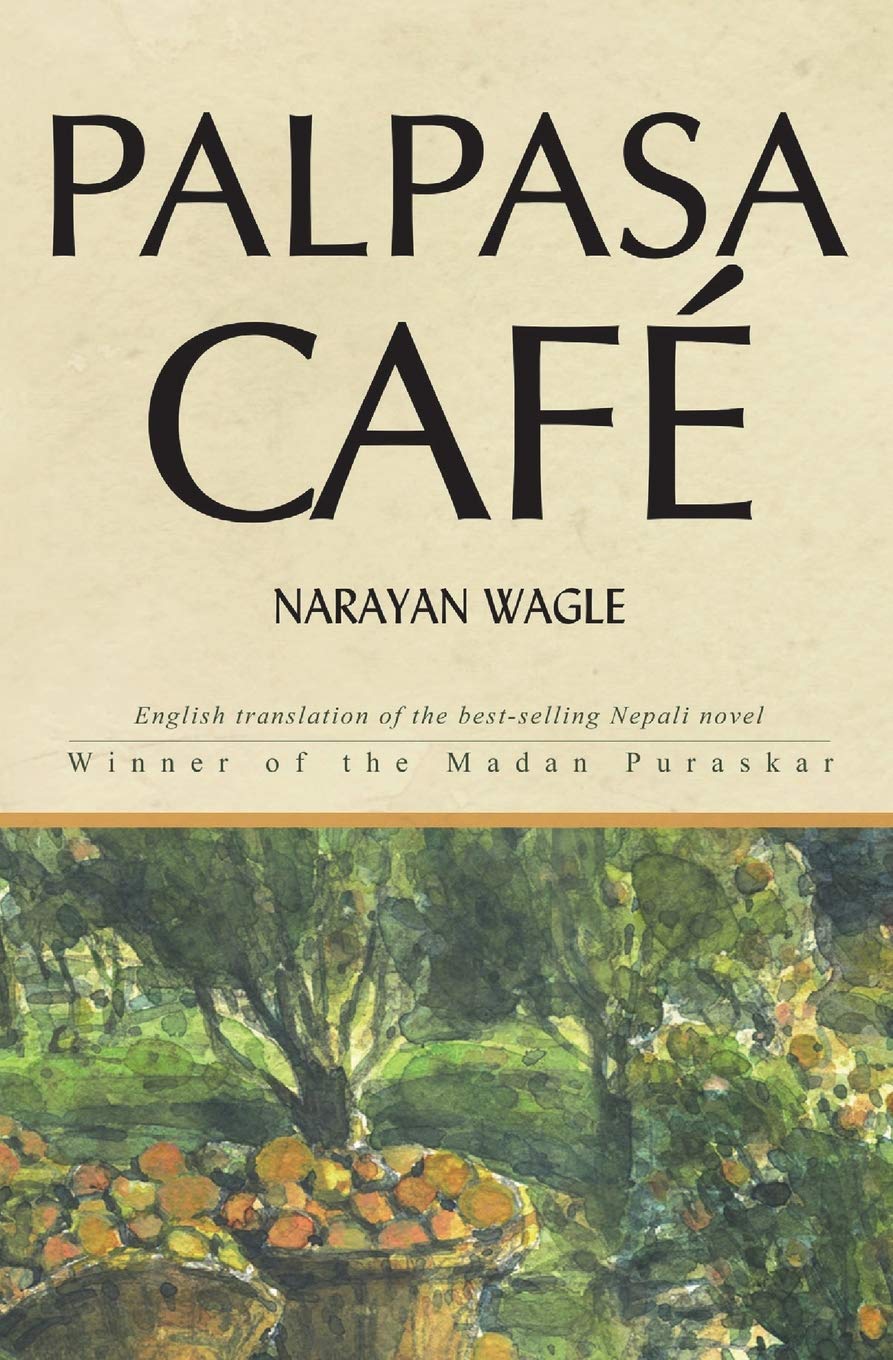
Palpasa Cafe is a critically acclaimed novel by Nepali journalist and writer Narayan Wagle. Published in 2005, the book has become one of the most significant works in contemporary Nepali literature, known for its engaging storytelling and deep exploration of the effects of the Nepali civil war on individuals and society.
The novel follows the journey of a Nepali artist named Drishya, whose life is profoundly affected by the decade-long Maoist insurgency in Nepal. The narrative begins with Drishya meeting Palpasa, a vibrant and idealistic Nepali woman who has returned from America. Their encounter blossoms into a complex relationship, characterized by mutual respect and love. Palpasa’s perspectives on Nepal and its socio-political turmoil deeply influence Drishya.
As Drishya travels through the rural parts of Nepal, he encounters the harsh realities of the conflict. The novel paints a vivid picture of the Nepali countryside and the devastating impact of the civil war on ordinary people. Through Drishya’s eyes, readers experience the beauty of Nepal juxtaposed with the brutality of the conflict.
The novel is a poignant reflection on art, love, and war, examining how personal and collective experiences intertwine. Drishya’s journey is both physical and emotional, taking him from the bustling life of Kathmandu to the serene yet troubled rural landscapes.
“Palpasa Café” remains a landmark in Nepali literature, praised for its narrative style, emotional depth, and the way it captures a turbulent period in Nepal’s history through the lens of personal stories.
Awards
Palpasa Cafe has received several accolades, highlighting its importance in Nepali literature:
1. Madan Puraskar (2005): This is Nepal’s most prestigious literary award. Narayan Wagle received this award for “Palpasa Café,” recognizing the novel’s significant contribution to Nepali literature.
2. Bhaskar Journalism Award: Though primarily a literary work, the novel’s journalistic elements and Wagle’s background as a journalist earned him this recognition, acknowledging the book’s impact beyond literature into the realm of social commentary and journalism.
If you like what we are doing, consider buying from this link. This is an affliate link. Income generated from such sell is used to run this website.
 Purchase hardcopy
Purchase hardcopy

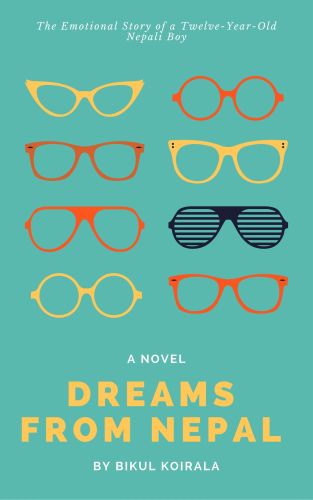
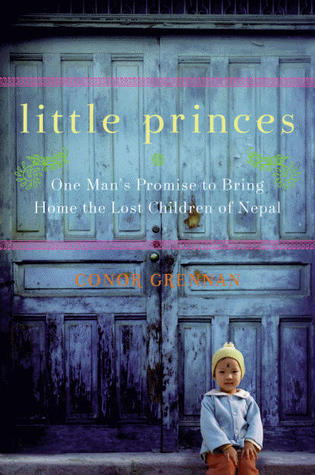
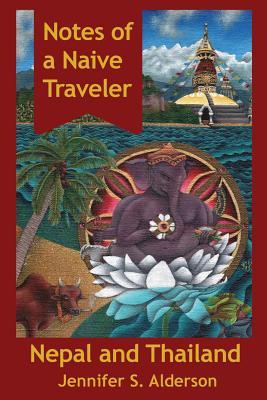
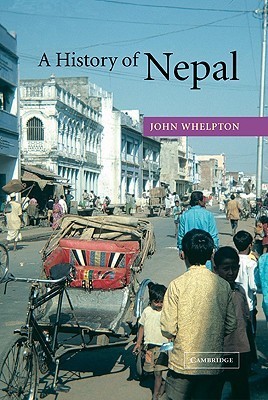
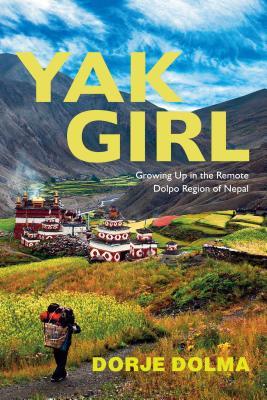



तपाईको बिचार
पहिलो कमेन्ट गर्नुहोस्!